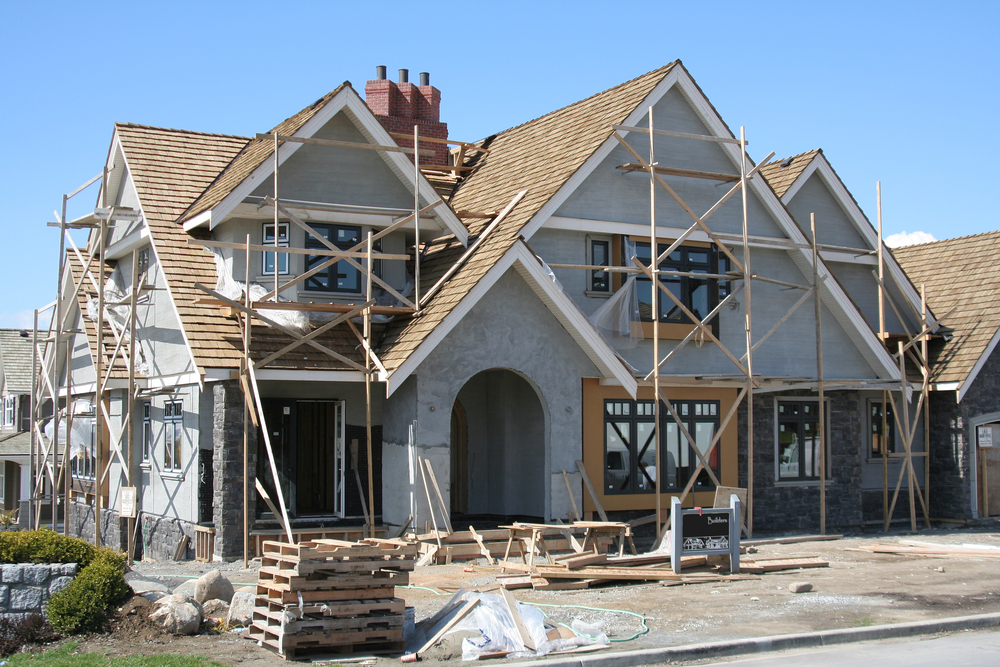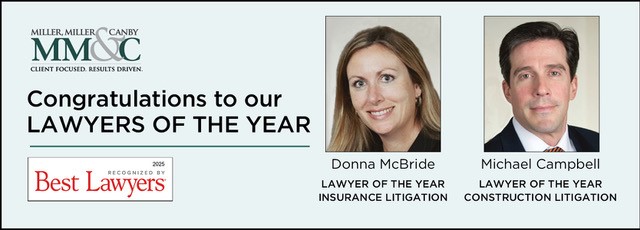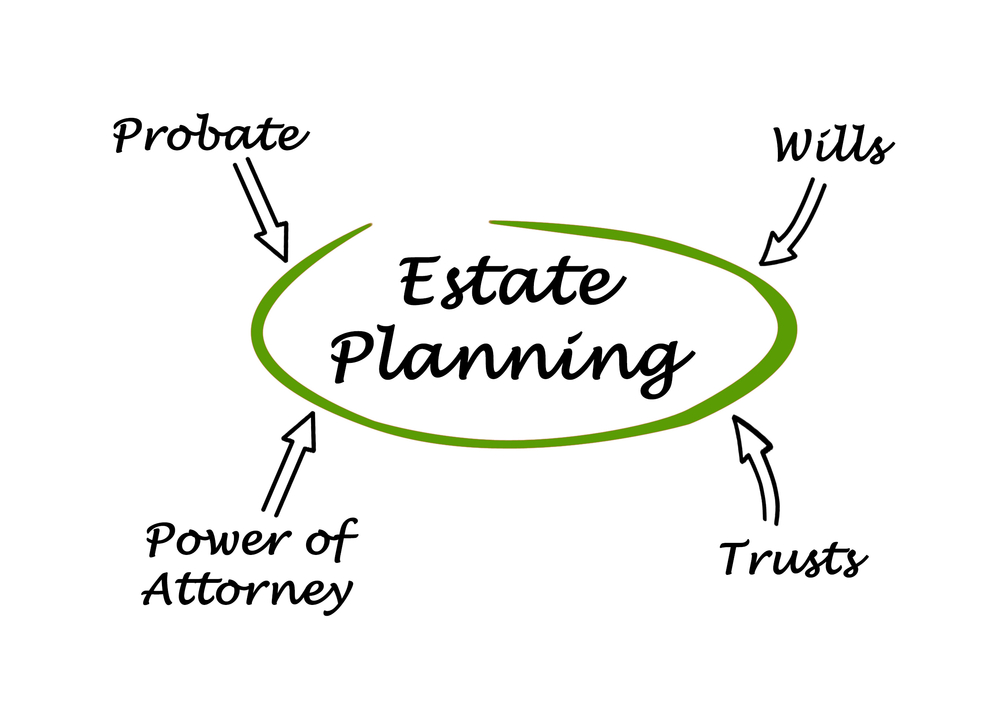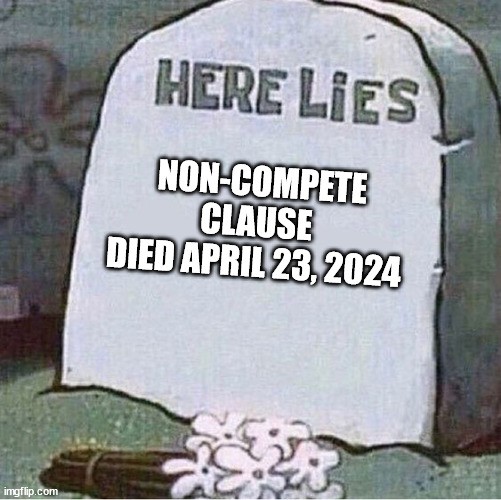As those in the construction industry know, subcontractors dread “pay-if-paid” clauses located in the contracts of general contractors. By relying on this clause a general contractor can refuse to pay a subcontractor, even if the subcontractor’s work was properly completed, if the owner has not paid the general contractor for such work. The clause is sometimes abused, however, because the subcontractor cannot audit the general contractor’s books to determine what payments were applied to which work.
This practice will no longer be permitted in Virginia. In 2022, the Virginia General Assembly passed a bill banning the use of “pay-if-paid” clauses on construction projects. The bill, known as SB 550, changes the law governing construction contracts in Virginia in two ways. First, it will prohibit contractors and subcontractors on public and private construction projects from including provisions in their subcontracts that condition payment on the receipt of funds from the owner or higher-tier contractor. Second, it establishes deadlines for the payment of invoices on private projects. Specifically, the law requires owners on private projects to pay their contractors within 60 days after receiving an invoice, and contractors and subcontractors on private projects must pay their subcontractors by the earlier of 60 days after receiving an invoice or seven days after receiving payment from the owner or higher-tier contractor for the subcontractor’s work. Owners, contractors, and subcontractors may still withhold payment for nonconforming work, but the law requires written notice stating the reasons for the withholding. There are interest penalties associated with the non-payment and contract clauses contrary to the law are unenforceable. The new law went into effect on January 1, 2023 and will apply to construction contracts executed on or after that date.
Michael Campbell is a partner in the litigation group at Miller, Miller & Canby and regularly represents owners, contractors and subcontractors in Maryland, Virginia and the District. Please feel free to contact Mr. Campbell at 301.762.5212 or send him an email for legal assistance.









Share this Article: